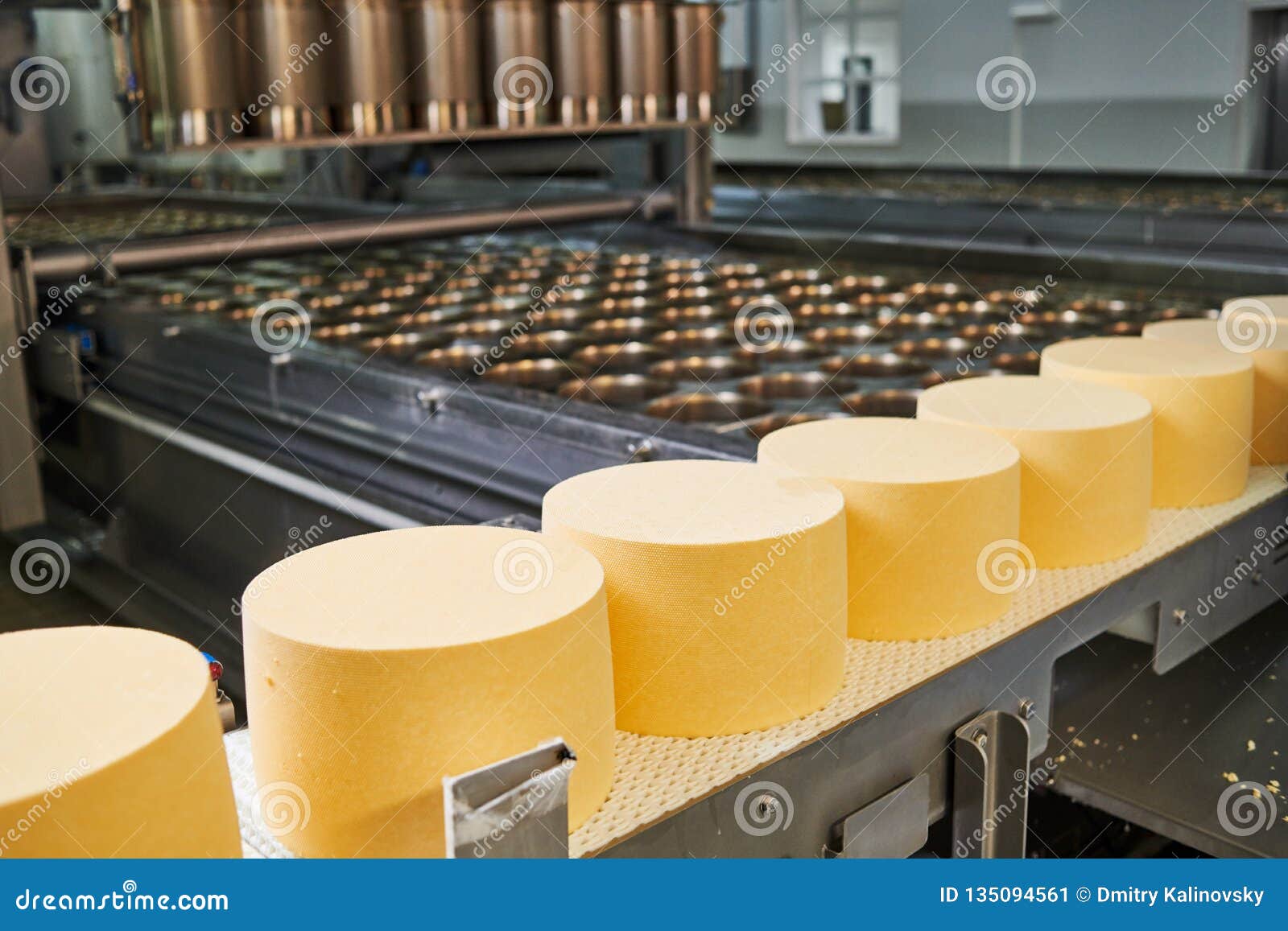Order Cheese for Sale Online Melbourne's Trusted Cheese Makers
Order Cheese for Sale Online Melbourne's Trusted Cheese Makers
Blog Article
An In-Depth Check Out Cheese Production: Components, Approaches, and the Future of Craftsmen Cheeses
The intricate procedure of cheese production is a remarkable merging of art and scientific research, where top quality milk, rennet, and particular bacterial cultures serve as foundational components. As the market increasingly prioritizes sustainability and openness, the future of artisan cheeses guarantees to reflect both heritage and development.
Key Active Ingredients in Cheese Production
A variety of vital ingredients play a critical duty in cheese manufacturing, each adding to the end product's flavor, texture, and character. The primary component in cheese is milk, which can originate from numerous sources, consisting of cows, goats, and sheep - cheese makers melbourne. The sort of milk made use of dramatically influences celebrity's preference and uniformity; for circumstances, cow's milk commonly produces creamier cheeses, while goat's milk frequently creates tasty ranges
Another important component is rennet, an enzyme utilized to curdle the milk, dividing it into curds and whey. The source of rennet can be animal, veggie, or microbial, each imparting distinct characteristics to the cheese. Cultures, including specific strains of bacteria, are additionally integral to the cheese-making procedure. They ferment lactose right into lactic acid, aiding in flavor growth and appearance.
Salt not only enhances the taste yet likewise serves as a preservative, hindering the development of unfavorable bacteria. Additionally, numerous flavor representatives, such as herbs, flavors, and even smoked timber, can be contributed to create distinct artisanal cheeses. With each other, these components develop the foundation of cheese manufacturing, establishing the phase for diverse and rich cheese ranges.
Standard Cheese-Making Strategies
Using traditional cheese-making methods, craftsmens around the globe preserve time-honored techniques that have been passed down with generations. These techniques commonly emphasize making use of high-quality, locally sourced milk, which is main to the one-of-a-kind flavors and appearances of artisanal cheeses. The procedure normally begins with the careful home heating of milk, complied with by the addition of societies and rennet to help with coagulation.
When the curds create, they are cut, permitting whey to drain, a vital action that affects moisture content and structure. Salting is an important facet of this process, boosting flavor while additionally acting as a preservative.
Aging, or affinage, is one more vital part, during which cheeses establish their characteristic scents and preferences. Craftsmens might utilize certain maturing settings, making use of humidity and temperature controls to refine the cheese's profile. The commitment to these standard approaches not only supports regional economies but likewise adds to the abundant variety of cheese ranges discovered internationally, commemorating social heritage and artisanal workmanship.
Modern Technologies in Cheese Manufacturing
How have technical advancements changed cheese manufacturing in recent years? The assimilation of contemporary innovation has revolutionized both the performance and high quality of cheese production.
In addition, improvements in microbiology have made it possible for cheesemakers to choose particular bacterial societies and enzymes, enhancing flavor profiles and enhancing life span. Using sensor innovation for monitoring fermentation conditions has additionally become common, enabling real-time adjustments to preserve optimal settings for cheese aging.

These developments not only improve the top quality and sustainability of cheese manufacturing however additionally encourage craftsmen manufacturers he has a good point to keep conventional flavors while welcoming contemporary efficiency. As technology proceeds to evolve, the future of cheese production looks promising, blending practice with innovation.
The Role of Terroir in Cheese
In the realm of cheese manufacturing, terroir plays an essential function in specifying the distinctive features of numerous cheeses. Terroir, a French term typically connected with red wine, incorporates the ecological elements that affect agricultural products, consisting of soil make-up, climate, and neighborhood vegetation and fauna. In cheese-making, the special qualities of the area where the milk is sourced can impart certain tastes and structures to the end product.
For example, the grazing conditions of milk animals considerably impact the milk's composition, influenced by the kinds of turfs and natural herbs available in a specific locale. This differs not only in between nations but additionally in between regions within the exact same nation. In addition, the microbial neighborhoods existing in the setting contribute to the fermentation processes, bring about diverse profiles in flavor and scent.
Cheeses such as Roquefort, Parmigiano-Reggiano, and Cheddar exhibit exactly how terroir can form their identities, making them unique and commonly shielded by geographical indications. As manufacturers progressively identify try here the relevance of terroir, there is a growing focus on sourcing neighborhood components and keeping typical techniques, ensuring that each cheese truly shows its origin.

Future Patterns in Artisan Cheeses
A noteworthy shift is happening in the artisan cheese market, driven by progressing consumer choices and technical advancements. Increasingly, customers are inclining unique, high-quality products that highlight both sustainability and regional sourcing - cheese makers melbourne. This pattern is prompting artisan cheesemakers to innovate, concentrating on small-batch production and making use of conventional strategies while integrating modern-day technology to improve top quality and safety and security
Moreover, there is an expanding rate of interest in plant-based and alternative milk items, pressing standard cheesemakers to explore brand-new opportunities, such as cashew or almond-based cheeses. This shift not only provides to nutritional limitations yet likewise straightens with environmental problems regarding pet farming.
Furthermore, openness in sourcing and manufacturing procedures is coming to be paramount. Customers are extra enlightened and demand traceability, triggering manufacturers to embrace more clear labeling techniques resource and engage in narration that highlights their methods and worths.
Verdict
In conclusion, the elaborate procedure of cheese production fuses standard techniques with contemporary advancements, causing a varied selection of flavors and structures. The focus on high-quality ingredients and the influence of terroir underscore the artistry entailed in cheese production. As the sector evolves, a focus on sustainability and openness will likely form the future of artisan cheeses, dealing with an increasingly critical customer base that values credibility and craftsmanship in milk items.
Report this page